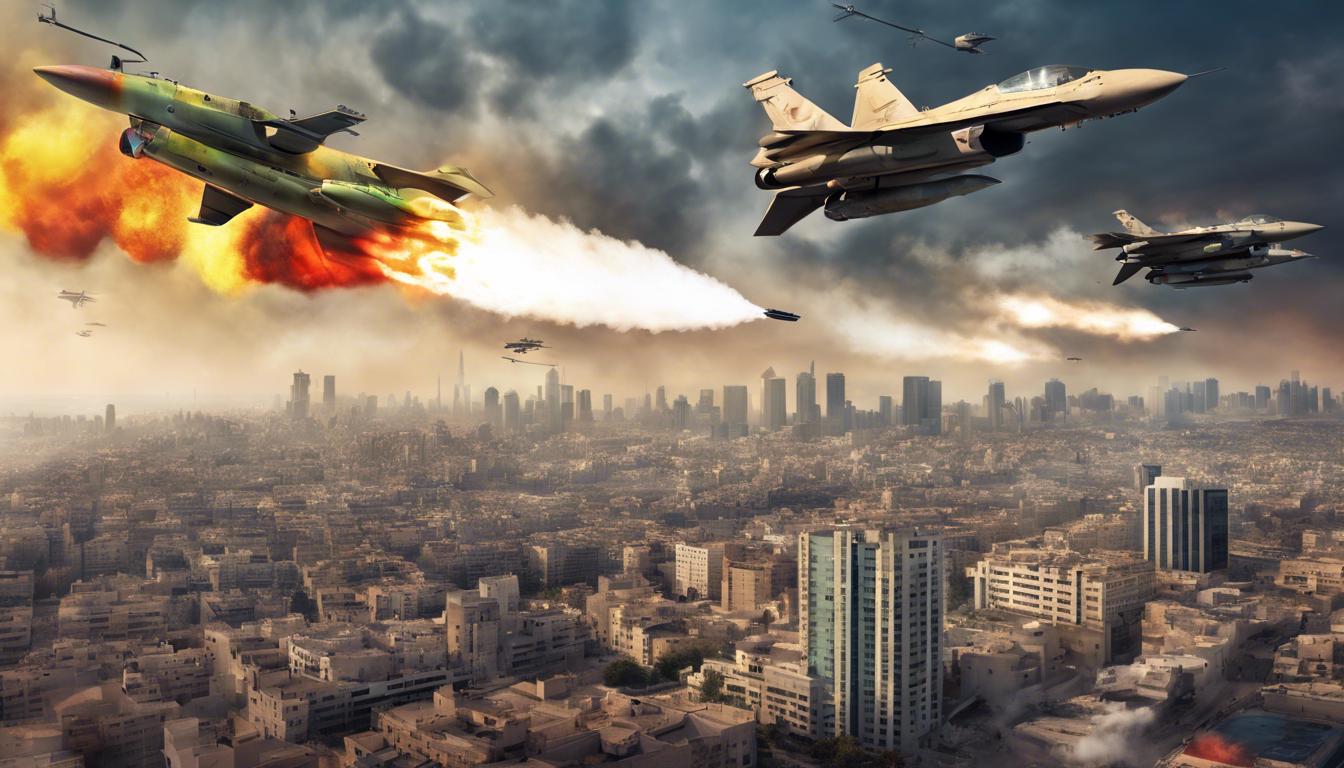In a significant escalation of Middle Eastern conflicts, Israel successfully intercepts an Iranian attack, leading to heightened global diplomatic activity and increased military readiness in the region.
On April 14, 2024, Israel faced a massive aerial attack from Iran, consisting of drones, ballistic missiles, and cruise missiles, which was intercepted with over 99% success by the Israeli military. This incident marks the first direct military strike by Iran on Israel and occurred in response to a suspected Israeli airstrike on Iran’s consulate in Damascus. Consequently, tensions between the two nations, which have a history of conflict, have significantly escalated.
In response to the attacks, international reactions included the United States and the United Kingdom providing military support to Israel. US President Joe Biden expressed his intention to hold a G7 meeting to discuss a joint response to Iran’s actions. The UK deployed RAF jets to the region to help intercept additional threats and reinforce security measures.
Meanwhile, the U.N. Security Council convened an emergency meeting, urged by Secretary-General António Guterres, to address the situation and call for an immediate cessation of hostilities. Key global leaders, including those from France, Germany, and Canada, have publicly condemned Iran’s actions and expressed solidarity with Israel. Prime Minister Netanyahu of Israel and Defence Minister Yoav Gallant voiced their resolve and described Iran as a country promoting terror.
The situation remains precarious with high stakes for further escalation that might involve broader regional conflicts. International diplomatic efforts are underway to manage tensions and prevent further aggression.













